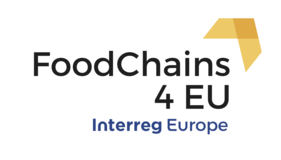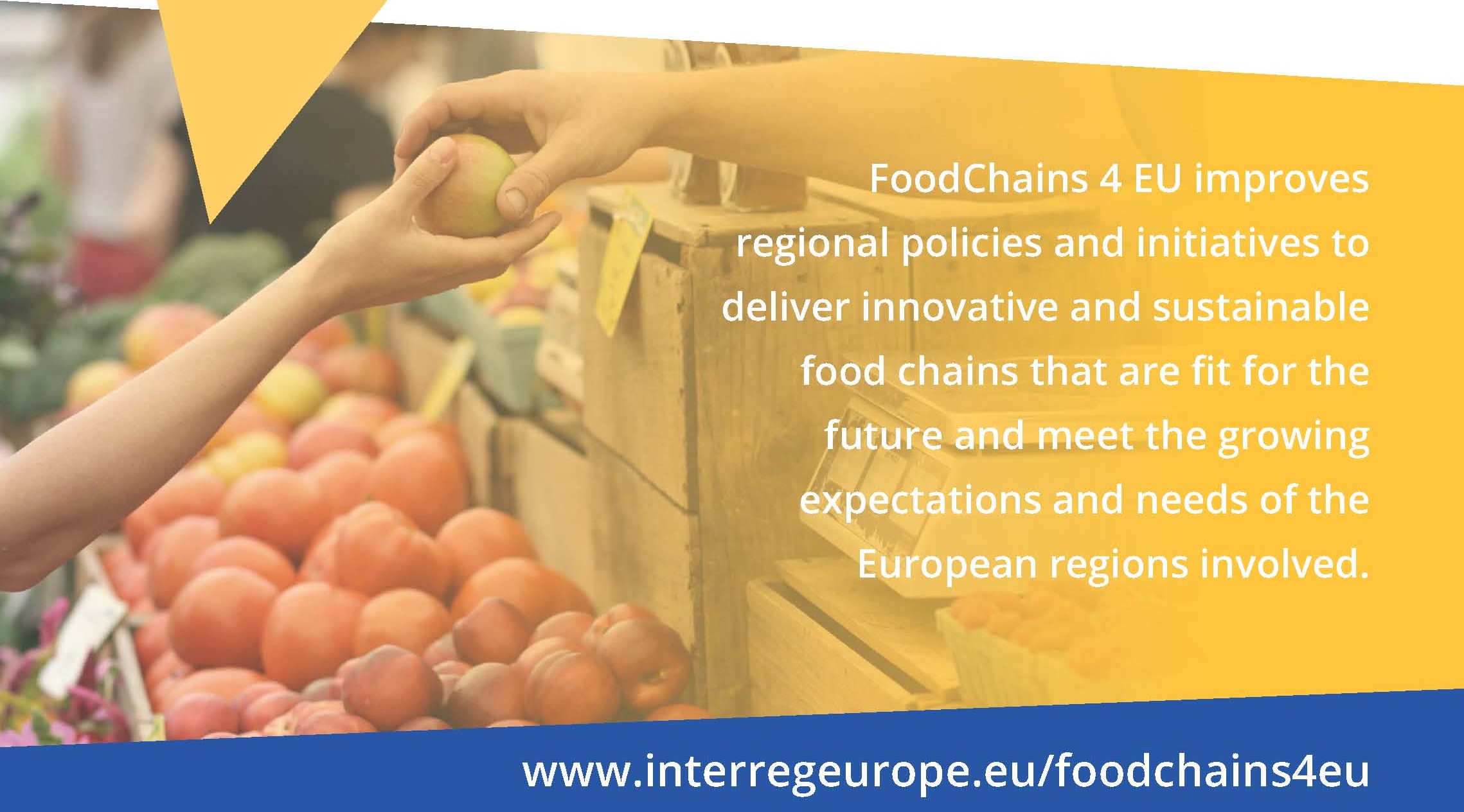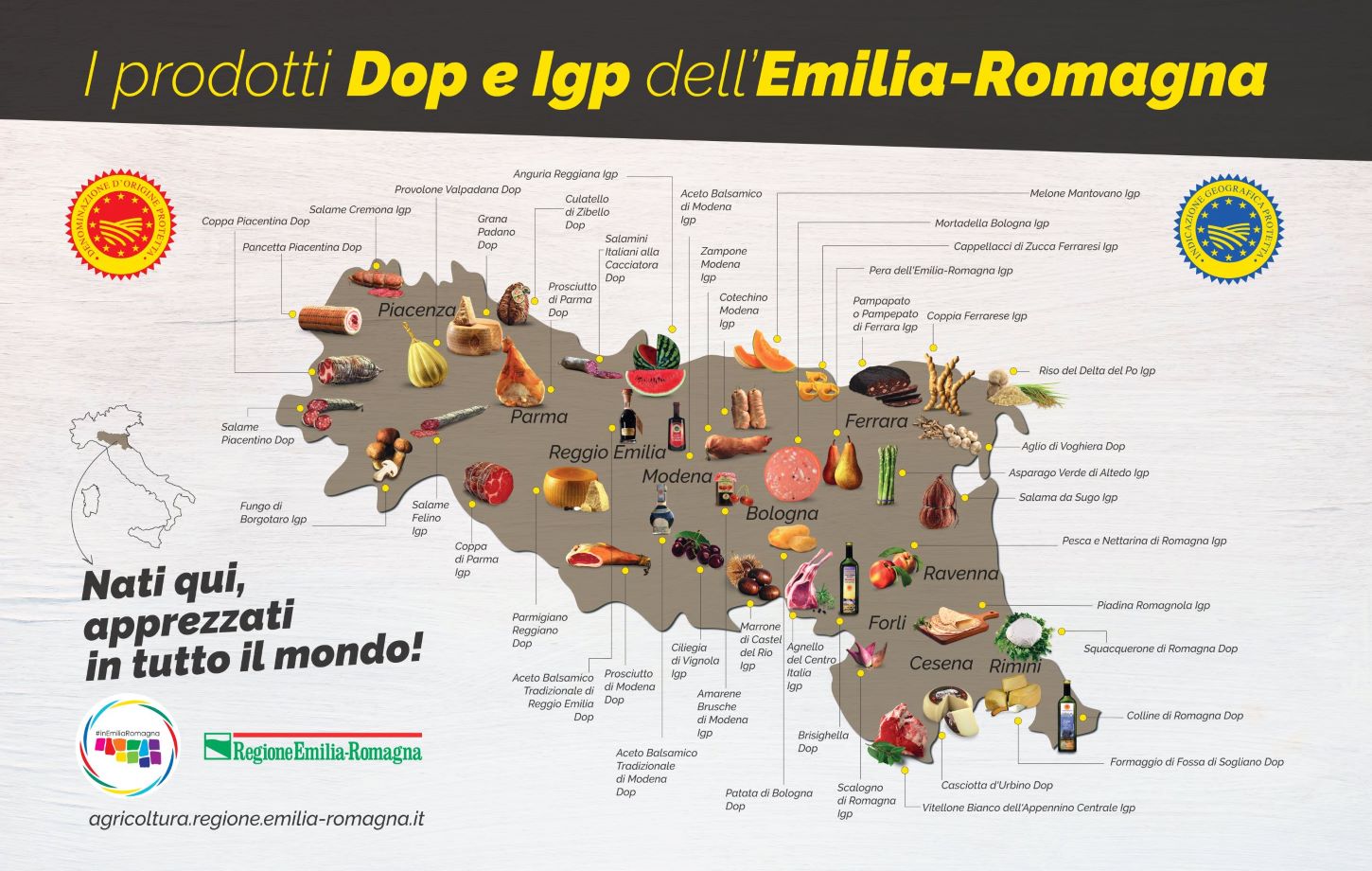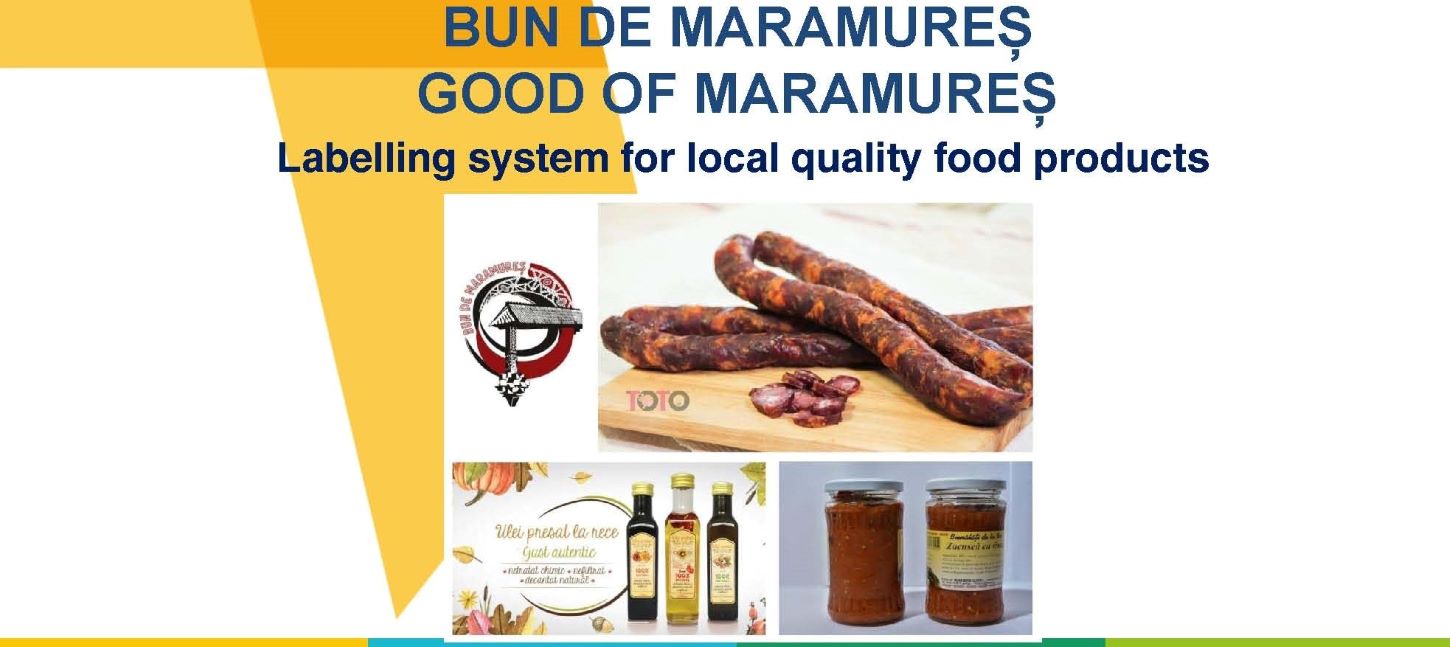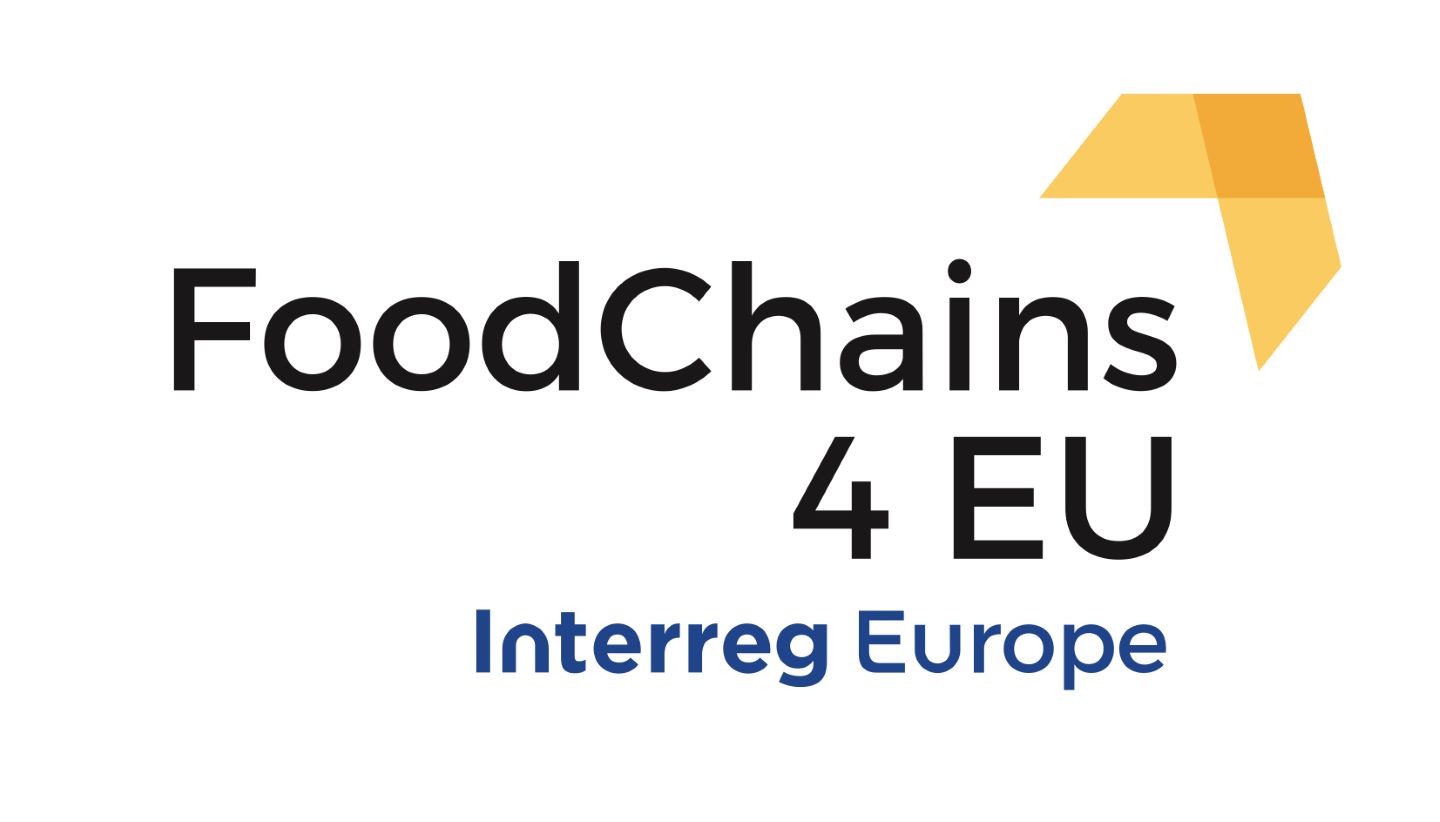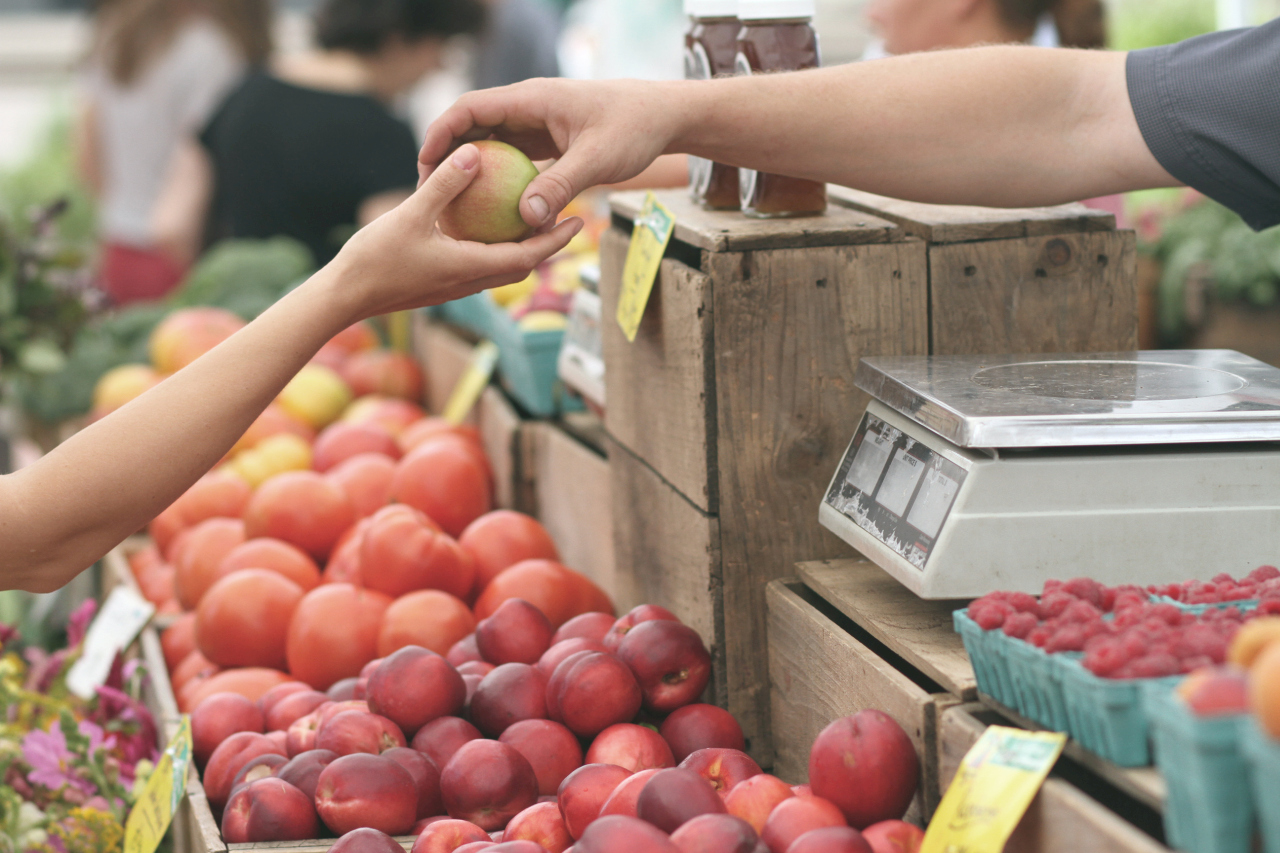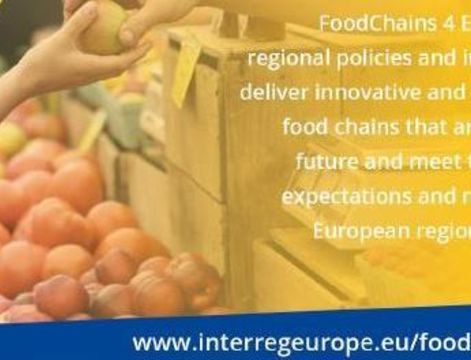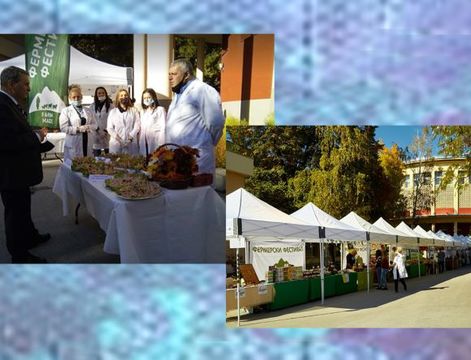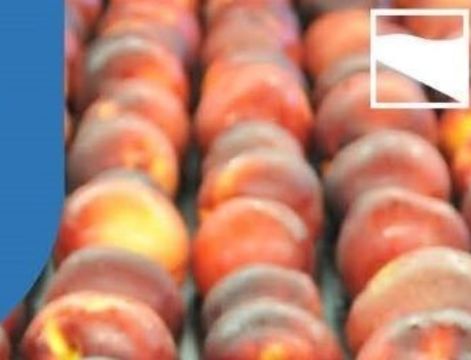Experts from partner regions of the Food Chains 4 EU project met in Bologna, during 12 and 15 February 2019, for the 5th and last Peer Review, to assess the food chains in Emilia-Romagna region (Italy) and to make recommendations for sustainable food packaging and regional cooperation.
The 5th Monitoring Committee Meeting of the project also took place in Bologna, on 14 February 2019, bringing together partners’ decision makers to analyse progress made by each region and to plan future project activities.
Developed food culture and strong regional identity in Emilia-Romagna
The Peer Review started with the Workshop "The Packaging of food products in Emilia-Romagna: perspectives for innovation and sustainability", in Bologna, on 12 February 2019. The presentations and discussions referred to the regional framework on food packaging, public-private cooperation, innovative packaging focused on preserving the high quality of local products, reducing the consumption of materials, reusing and recycling of food packaging.
The Emilia-Romagna region is characterized by a high rate of entrepreneurship in agro-food field, with over 5000 companies in food industry and over 300,000 workers in agro-food sector. The local food products are well-known worldwide, 78 products being certified as Protected Geographical Indication (PGI) or Protected Designation Origin (PDO).
Numerous companies contribute to the development and correlation of regional food chain, producing packaging machinery, food traditional products, sustainable packaging and providing integrated services of research, promotion, distribution, transport and recycling.
The agro-food clusters are key factors of the public-private partnership, bringing together farmers, small producers, companies, universities, research centres and public authorities, that use joint educational, research and production resources and develop major projects aimed at innovation and technological transfer in the field. Emilia-Romagna's high-tech agro-food network consists of 94 research laboratories and 17 innovation centres, developing an important competitive advantage at national and international level.
Visits at companies of Emilia-Romagna region: Innovative approaches and regional cooperation
On 12 February 2019, the experts visited in Imola, a company with 100 years of tradition in ceramic industry and food packaging machinery. With a permanent concern in innovation, SACI is an example of continuity and adaptation to market conditions and environmental requirements.
Grandi Salumifici Italiani from Modena, a company that manufactures processed meat products including IGP and PDO products, was visited on 13 February 2019. This company is concerned to reduce the packaging weight, the amount of plastic and to use biodegradable materials that preserve quality and extend shelf life of their products.
The visit at ACETUM consortium, on 13 February 2019, highlighted the importance of collaboration between Modena balsamic vinegar producers for joint packaging, labelling and promoting of their PGI and PDO products under the Modena Balsamic Vinegar brand.
At the Casa Mazzeti in Cavezzo, part of ACETUM Consortium, the Peers found out how the Modena balsamic vinegar is produced and how the PDO products are obtained. The PDO Modena balsamic vinegar is traditionally produced from manual cooked must, matured between 12 and 25 years, in batteries of 7 different types of wood barrels.
The last visit of the Peer Review was held on 14 February 2019, at the CSO and CPR cooperative in Ferrara, specialised in integrated systems of production, distribution, collecting, repairing, reusing and recycling of folding stoves for vegetables and fruits.
Preliminary recommendations
The experts have analysed the local situation presented during the Peer Review in Emilia-Romagna and have set out several preliminary recommendations that have been presented during the dissemination workshop, in Bologna, on 15 February 2019:
- consultancy, training and financial support for SMEs, to facilitate their access to research
- increased cooperation between industry, academic research and government for sustainable packaging and associated technology
- more transparent communication in the food chain
- conducting awareness campaigns for consumers regarding the packaging sustainability
- supporting SMEs to comply with EU regulations on sustainable food packaging by providing them incentives
- better correlation between the Rural Development Program and Regional Operational Program for the next programming period
- funds and investments for food packaging waste reduction schemes
- encouraging companies to adopt circular economy and new solutions for sustainable packaging
- providing innovation vouchers to support SMEs and higher education research for knowledge transfer in sustainable packaging
- increasing the ratio of recycled materials inside the new packages
- reduction of single-use plastic packaging and scaling up reusable packaging.
